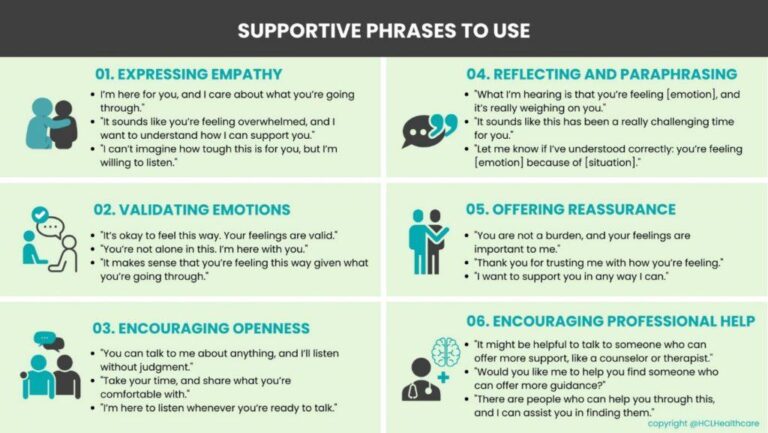Second East Africa Urban Corridor Forum: Enhancing Resilience and Collaboration
To advance urban development and foster regional cooperation, the Second East Africa Urban Corridor Forum brought together essential stakeholders from government, civil society, and the private sector in a pivotal gathering focused on sustainable urbanization. Organized by Cities Alliance, this forum aimed to tackle urgent urban issues faced by cities in East Africa while highlighting innovative solutions and cross-border collaboration. As cities throughout the region contend with rapid population increases, climate change impacts, and infrastructure challenges, this dialogue served as a vital platform for exchanging best practices, building partnerships, and articulating a shared vision for the future of urban living in East Africa. This article explores the main themes, discussions, and outcomes of the forum while emphasizing collective efforts to develop resilient urban environments that cater to diverse communities.
Advancing Sustainable Urbanization in East Africa
In the dynamic landscape of East Africa, cities are emerging as hubs of innovation and sustainability. The Second East Africa Urban Corridor Forum serves as an essential venue where policymakers, city planners, and community representatives convene to tackle critical issues related to sustainable urban growth.Conversations center around embedding environmental awareness alongside economic feasibility into urban policies so that development is both effective and fair. By fostering collaborative frameworks that leverage local insights along with global best practices, this dialogue aims to shape cities that resonate with their residents’ aspirations.
A meaningful outcome expected from this forum is a comprehensive action plan grounded in sustainable development principles. This plan will focus on several key areas including:
- Sustainable Infrastructure: Encouraging parks and green areas to boost urban resilience.
- Efficient Public Transport: Creating effective transit systems to alleviate congestion and lower emissions.
- Adequate Housing: Guaranteeing all citizens have access to safe and sustainable living conditions.
- Civic Participation: Engaging local communities in decision-making processes reflecting their needs.
The forum also aims at evaluating city-specific sustainability initiatives through a cooperative monitoring framework. The table below outlines potential indicators for assessment:
| Sustainability Metric | Evaluation Methodology | Date for Target Achievement |
|---|---|---|
| C02 Emissions Levels | An annual audit process | No later than 2025 |
| Parks per Resident Ratio | ||
The Second East African Urban Corridor Forum stands as a symbol of hope as these cities strive towards balancing growth with sustainability. With active participation from various stakeholders committed to actionable solutions,the region can set examples for sustainable urban advancement worldwide.The forthcoming action plan—anchored by defined sustainability metrics—will pave pathways toward an inclusive future where every resident can flourish within their community.By nurturing environments prioritizing ecological balance alongside economic vitality,East African nations can exemplify how vibrant yet sustainable metropolitan areas can thrive.
Enhancing Regional Collaboration for Inclusive Urban Development
The recent conversations at the Second East African Urban Corridor Forum underscored an urgent need for improved collaboration among regional cities.Participants noted how strategic alliances could act as catalysts driving sustainable city growth amidst rapid demographic changes.By exchanging successful strategiesand innovative ideas,cities can pool resources effectively addressing common challenges like infrastructure deficits,housing shortages,and environmental concerns.
Key strategies identified include:
-
<>
- Collaborative infrastructure projectsto enhance connectivity across services.
- Shared data platformsfor tracking trends influencing policymaking.
- Capacity-building initiativesaimed at empowering local governments through skill enhancement.
- Public-private partnershipsto mobilize financial resources supporting developmental projects.
- Capacity-building initiativesaimed at empowering local governments through skill enhancement.
Additionally,fostering inclusivity remains central within these collaborative endeavors.Stakeholders emphasized ensuring vulnerable groups are not marginalized during rapid transformations.This necessitates multifaceted approaches actively involving citizens’ voices during planning processes.A proposed framework might encompass:
| Main Focus Area | Description of Actions | ||
|---|---|---|---|
| Civic Involvement | Create advisory committees allowing locals input on developments. | ||
| Adequate Housing | Create incentives encouraging developers provide affordable units. | ||
| Tansportation Access | Diversify public transport networks reaching underserved regions. | ||
| Parks & Recreation Areas | Create communal parks enhancing livability & wellness. | ||
The recent Second Eastern City Corridor Dialogue gathered planners,policymakers,and innovators discussing pressing issues facing our towns exploring transformative remedies.Key discussions highlighted necessity establishing strong collaborative frameworks empowering municipalities implement eco-kind practices efficiently.Participants stressed technology’s crucial role improving infrastructureservices particularly waste management transportation housing.Bringing together public-private partnerships enables harnessing cutting-edge methods such smart technologies renewable energy initiatives.Among critical topics discussed was importance engaging communities throughout developmental phases.Participants reiterated inclusive planning must integrate residents’ perspectives ensuring solutions align closely needs shared experiences.Best practices exchanged included:
- >Utilizing analytics-driven methodologies enhancing service delivery
- >Implementing green spaces elevating quality life standards
- >Promoting efficient public transport systems mitigating traffic congestion
Such approaches not only address immediate challenges but also lay foundations resilient ecosystems capable adapting future demands.The dialogue concluded affirmatively committing continued collaborations paving paths towards innovative transformations across Eastern Cities.
ConclusionAs we wrap up discussions surrounding second eastern corridor dialogues participants recognise meaning joint efforts tackling prevalent problems affecting our regions.Ultimately strengthening ties between municipal leaders,state authorities,civil organizations sets groundwork impactful strategies promoting environmental responsibility,social equity,resilience.In sharing knowledge fostering inventive solutions attendees feel better equipped confront pressing matters arising due rapid population shifts climate change socio-economic disparities.As towns evolve momentum generated here could lead promising futures creating interconnected prosperous landscapes moving forward emphasis cooperative governance integrated planning will prove vital realizing visions thriving societies benefiting all inhabitants alike







